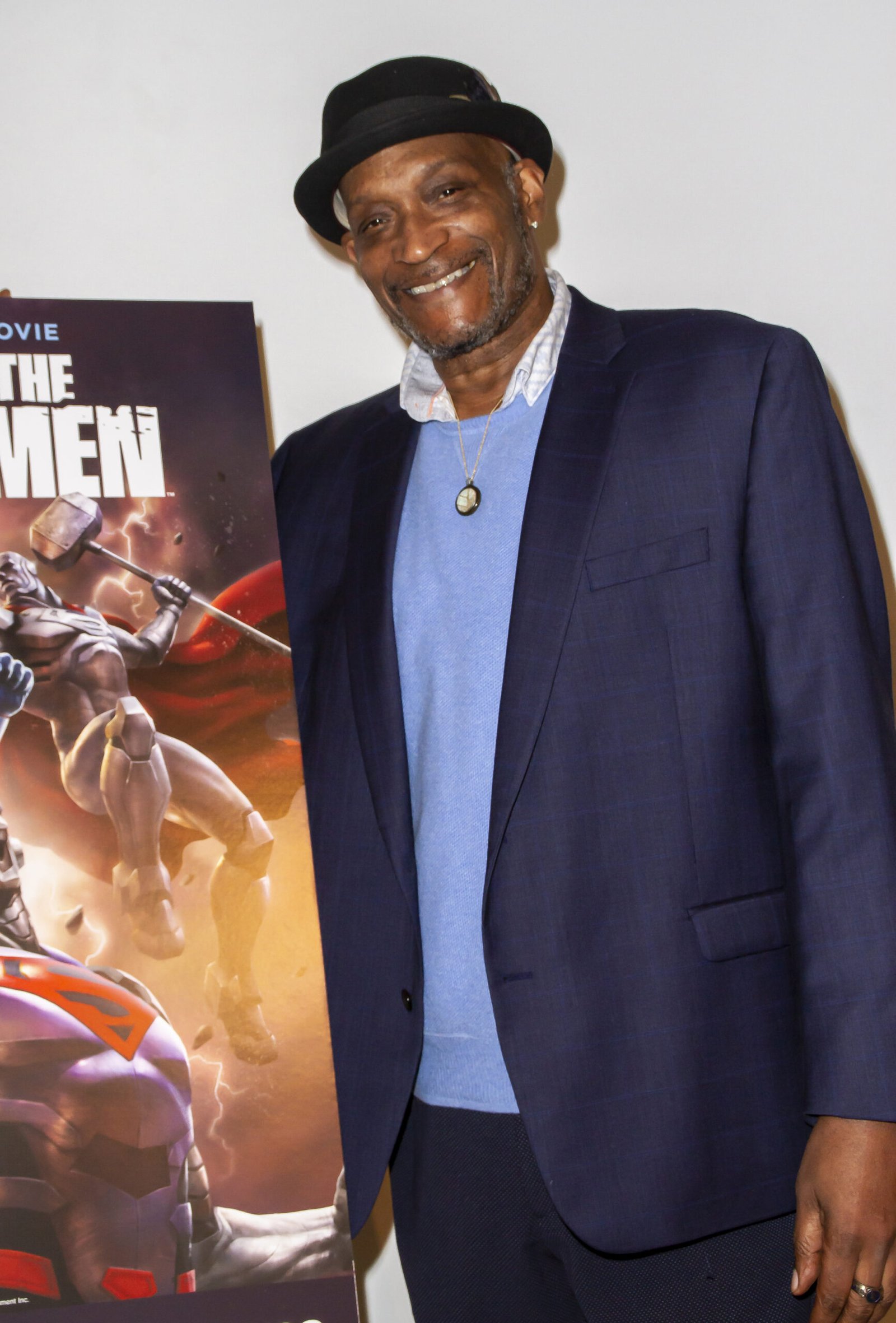
Tony Todd, best known for his iconic role as the character in the Candyman film series, died Nov. 6, 2024. He was 69.
The towering actor with the unforgettable deep voice left a legacy in the horror genre. But Todd’s contributions went beyond his performances. As a Black actor in a genre that often marginalized people of colour, Todd broke barriers and redefined expectations.
He didn’t just act in horror. He changed it.
Breaking Tropes in Horror
For decades, Black characters in horror movies were rarely more than stereotypes. One of the most infamous tropes was that the Black character was often the first to die. They were cast as expendable figures, serving to amplify the fear for white leads.
The pattern, while mocked in modern times, reflected the genre’s long-standing racial biases. Todd’s career defied this narrative.
In 1992, Todd starred in Candyman, a horror film directed by Bernard Rose and based on Clive Barker’s short story. Todd portrayed Daniel Robitaille, a tragic figure murdered for falling in love with a white woman and resurrected as the vengeful Candyman.
His character was terrifying yet deeply sympathetic. Todd infused the role with depth, turning what could have been a one-dimensional villain into a nuanced icon.
The film became a landmark moment for the genre. For the first time, a Black actor led a mainstream horror film, and the story tackled race, violence, and systemic injustice. Todd’s performance became inseparable from the film’s cultural impact.
A Leading Man in a Changing Genre
Todd’s towering presence—he stood 6-foot-5—was as commanding as his voice. But his success wasn’t just about physicality. It was about his ability to humanize horror’s monsters and give voice to their pain.
In Candyman, he wasn’t just a villain. He was a symbol of historical trauma and a reflection of the consequences of racial injustice. The film’s enduring relevance is a testament to Todd’s ability to elevate the genre.
His influence didn’t stop there. Todd also appeared in The Final Destination series as Bludworth, the mortician who seemed to understand Death itself. His brief performances became a key part of the franchise’s identity. In an industry where Black actors were often relegated to supporting roles, Todd turned small appearances into unforgettable moments.
Fighting for Representation
Todd’s career paved the way for other Black actors and filmmakers to take on leading roles in horror. He showed that the genre could do more than just scare—it could confront societal issues and tell meaningful stories.
Today’s horror landscape reflects his influence. Films like Jordan Peele’s Get Out and *Us*, as well as Nia DaCosta’s Candyman reboot, have continued the work Todd began. These films subvert stereotypes, placing Black characters at the centre of stories that explore race, identity, and systemic oppression.
A Beloved Figure in Horror
Outside of his acting career, Todd was a fixture at horror conventions, where fans praised his warmth and generosity. He was known for his genuine love of the horror community and for always taking time to connect with his audience.
Directors and co-stars often described him as a mentor and collaborator who brought depth to every role. His work ethic and passion were evident on and off the screen.
A Legacy That Lives On
Tony Todd’s passing marks the end of an era, but his contributions to horror will endure. His performances changed the way Black characters were portrayed in the genre. He didn’t just play monsters—he gave them humanity and complexity.
His influence can be seen in today’s horror films, which continue to challenge norms and create space for diverse voices. Todd’s career wasn’t just about acting—it was about shifting a genre and inspiring others to do the same.
Tony Todd will be remembered as more than an actor. He was a trailblazer, a symbol of change, and a legend whose impact will echo for generations.